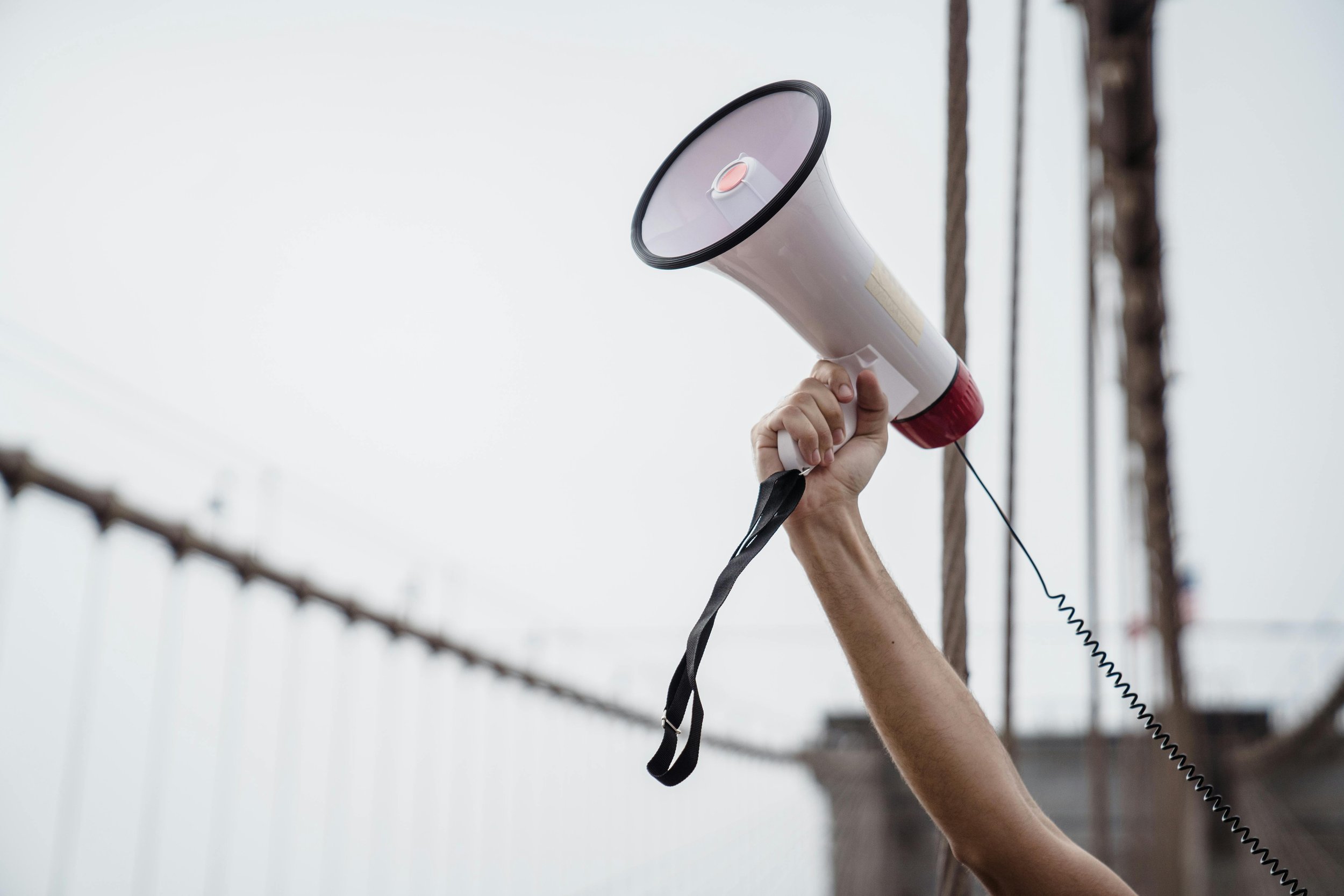
Unfunded Mandates: How Governments Launder Blame

How to Fund a Full Month of Storage in One Afternoon

How to Be a Light in Someone’s Storm

5 Questions to Ask Before Picking a Volunteer Role

White Fragility Is the New Weapon of Mass Distraction

Survival Shouldn’t Be This Expensive

Cracker Barrel, Target, Disney: Proof That Voices United Can’t Be Ignored

How to Write Letters to Your Local Government About Tech Takeovers

Tax the Rich, Feed the People. It’s That Simple.

What “Black Mirror” Taught Us About Surveillance and Systemic Control

Why AI Facilities Are the New Colonizers of Poor and Rural Communities

Here’s How Nonprofits Can Lead the Movement for Policy Reform

“Rules for Thee, Not for Me”: The Gospel of Hypocrisy in America

How Do Nonprofits Make Money? Here’s What Most People Don’t Realize

How Close Is Huntsville to Functional Zero for Homelessness?

The Government Won’t Save the Poor — It’s Targeting Them

Building Systems Where Help Never Expires

Why Nonprofits Should Be Political, Even If It’s Risky

Watching America Break Itself Is Personal
